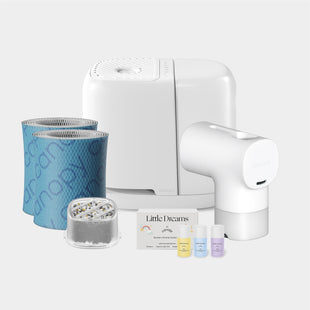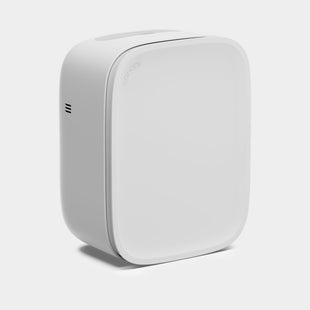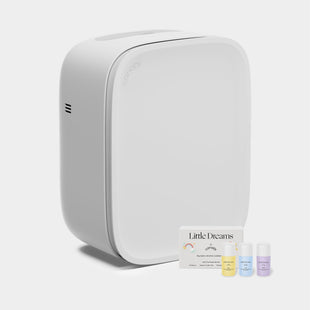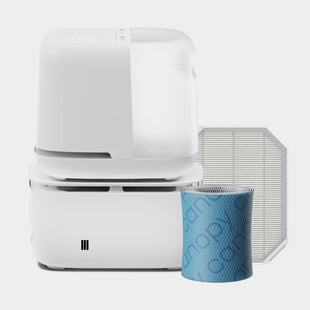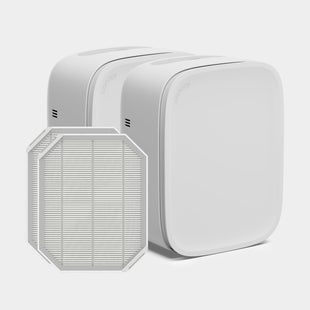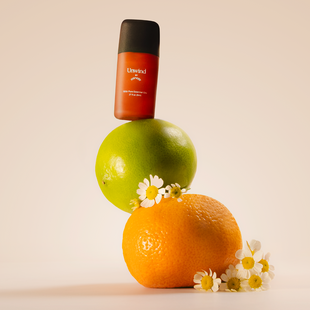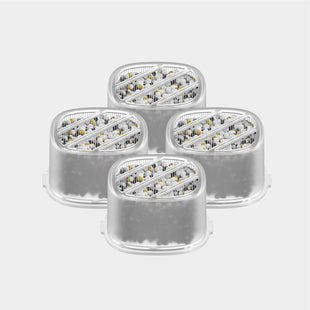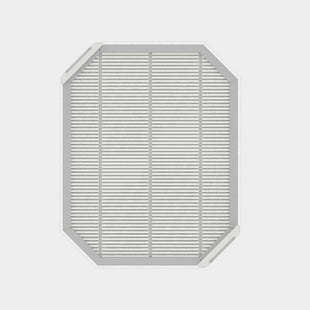Watching your little one fight their first cold can be tough. Although colds develop in people of all ages, babies can’t tell us how they’re feeling, and their symptoms may be more pronounced. Fortunately, there are baby cold remedies available to help. While it’s always a good idea to consult your pediatrician if you have any concerns, here’s a quick overview of what to do when your baby catches a cold.
Common Cold Symptoms in Babies
The cold symptoms babies present are similar to those in adults, namely nasal congestion and coughing. When nursing or bottle feeding your baby, runny nose symptoms may make it difficult for them to eat. They may also have difficulty sleeping or lose their appetite. Yet, unlike most adults, some babies also experience fevers with the common cold. Unfortunately, these symptoms often create the perfect storm for a very fussy baby.
The good news is that there are ways to bring relief so your little one starts feeling better soon.
How to Help Your Baby During Cold Season
Many babies are too young to take cold medicine, so pediatricians often recommend natural, at-home treatments for infant cough and cold symptoms. Here are a few home remedies to try.
Bulb Syringe
Babies can’t blow their noses, so it’s up to parents to remove mucus for them. Bulb syringes are perfect for the job. This simple tool can be purchased in the baby care section of most stores. Simply squeeze the bulb, insert a quarter-inch of the syringe into your baby’s nostril, and release the bulb to create suction.
Saline Spray
Thick mucus can make it difficult for babies to breathe, but saline spray can help loosen it. Many sprays are infant-safe because they contain no medication. Just be sure to read the label for safety information and dosage recommendations.
Hydration
Young babies typically don’t need any nourishment other than breastmilk or formula, but it’s essential that they stay hydrated. If your baby refuses to take the breast or bottle when they’re sick, consult with your pediatrician. They may recommend solutions for keeping them hydrated, such as feeding them in an upright position to prevent congestion from interfering with their ability to eat.
Rest

Babies can be fussier than usual when they’re not feeling well, so you might need to make some modifications to help them get to sleep. Try a comforting bedtime routine, such as a warm bath and a sound machine, to help your little one get the rest they need to recover. Even the whirring of a fan can provide soothing noise that encourages sleep.
Steam
Inhaling warm, moist air can also help loosen mucus. Before bedtime, bring your baby into the bathroom and run a hot shower so they can breathe in the mist. Keep your baby far from the water and stay near them the whole time. To keep your little one occupied, read books or play with toys together.
Humidifier
While a steam room can help clear congestion briefly, it’s even better if you can keep dry air at bay around the clock. The simplest solution is to run a humidifier in the baby’s room. Humidifiers are recommended by The American Academy of Pediatrics for thinning mucus and are among the most effective home remedies for colds and coughs for babies. They work by providing a continuous supply of soothing, moist air all night to help your child sleep better.
If you’re searching for the best humidifier for babies, look no further than Little Dreams by Canopy. Our nursery humidifier can run continuously for up to 36 hours and includes sensors for optimal moisture at all times, making it easier for you to focus on your baby’s comfort. Find out more about our mold-inhibiting* design that helps prevent mold inside the device.
*Mold inhibition limited to device interior. Does not treat air or environment. 3rd party lab-tested with Aspergillus niger (ATCC 6275, 16404).









